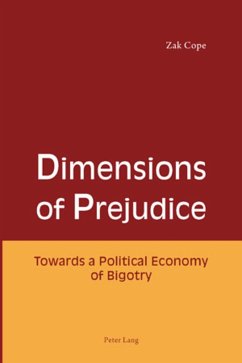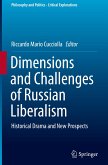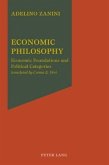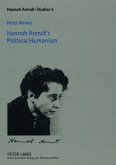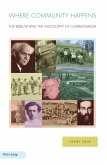This book argues that unreasonable dogmatic beliefs are expressions of socially structured patterns of prejudice. Specifically, prejudice is explained as being produced and dispersed within the confines of the political structures governing the manner in which material human needs are created and met. Classifying various dimensions of prejudice (philosophical, epistemological, psychological, sociological, political, and cultural), the book conceptualises the relation between dogmatic thinking and these facets of human existence. Criticising and comparing a wide range of theories and factual data relating to the growth and expression of prejudice, the book is a theoretical discussion of problems surrounding the production of cultural norms, the psychological effects of filial systems and relations between the sexes, the constitution of modern capitalist society, and elementary principles of political democracy. Drawing on feminism, whiteness studies, Marxist theories of racism andimperialism, psychoanalysis, critical theory, and cultural studies, the author examines the constraints placed upon individuals', groups', and nations' propensity for scientific and rational thinking.
Bitte wählen Sie Ihr Anliegen aus.
Rechnungen
Retourenschein anfordern
Bestellstatus
Storno

